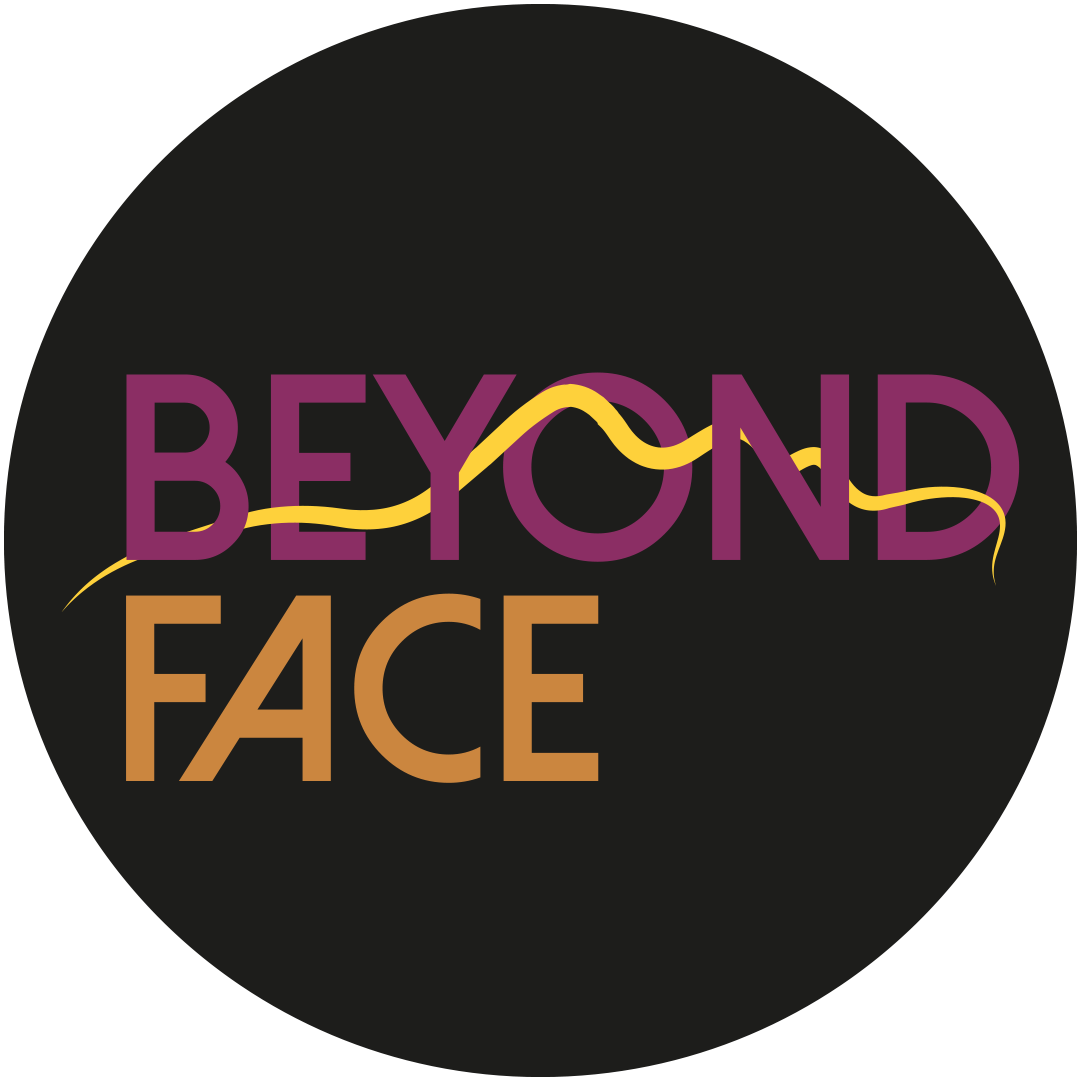Partnerships: the good, the bad and the future
How would you define a partnership? When searched in the Dictionary it simply says “A partnership is a relationship in which two or more people, organisations, or countries work together as partners.” However, here at Beyond Face we have investigated what a partnership looks like for us and the wider artistic community. At the beginning of 2024 the team spent dedicated time reflecting on our past partnerships, both the positive and negative where previous transgressions ranged from back-handed comments to banning staff members from speaking to us.
As a global majority and female led company with a team who are made up of individuals in their 20s and 30s, we are often met with condescending attitudes where people assume our inability to produce quality work, be knowledgeable and have confidence in what we do. There is also often a perception when we begin some partnership conversations that people want to help us rather than work with us. For these reasons, post 2020 we made the decision to pause any new partnerships and reevaluate where we were heading as an organisation and how to sustain ourselves and exist in places that have caused harm. A key result of this pause resulted in the rebrand of our organisation and change in our mission to work across the South West region rather than just in one city. This came as a result of partners trying to claim our identity whilst at the same time not acknowledging our lived experiences and a lack of accountability for their actions.
Since becoming a National Portfolio Organisation there has been an emphasis on partnership working and rightly so. Given the current landscape, we recognise the importance of working together to achieve more opportunities for people engaging with the arts. Throughout the weekend away, as a team we examined how we centre wellbeing and care as part of that. Someone proposed the idea of not working with partners, but we reflected that it was no longer that easy to just say no. Saying no and pausing partnerships in 2020 had a significant impact on us both financially and strategically. There are areas of our work that feel like they are ‘behind’ due to us having to question whether it's safe for us to be in a particular building. And we have audiences wondering and asking when we will be back, or why are we not working with said organisations. It is frustrating and time consuming when we feel excited about beginning a potential partnership, only for it to go no further when we realise throughout the meeting that the organisation hasn't done any work around anti-racism. Or the conversation shifts into them wanting free consultation from us on the project, or to take a look at their website and tell them what they can do to improve. Or organisations who have approached for partnerships and when we start talking, interrupt and ask what job title is and what we do for the organisation, then the response is Artistic Director and CEO there is an element of surprise. Or when people want to meet..actually let's stop there, because we could just keep going. We know that we aren’t alone in this experience.
However, we also want to highlight that we have had some brilliant experiences recently working with some great organisations such as Doorstep Arts, Dream Arts and Strike A Light. We also worked in partnership with Rising Arts Agency on their power in partnership work, where we spoke a lot about our experiences as a grassroots organisation and the challenges of equitable working and how possible it is. You can read the themes and recommendations from their 18-month research into how power affects partnerships in the cultural sector via this Zine: https://www.rising.org.uk/blog/power-in-partnerships-zine
You can see why as a team we wanted to carve out time to discuss this topic in a space where full transparency is welcome, alongside the exploration of care centred and constructive solutions to positive partnerships. Here are some of our reflections.
We’ve all heard it before, but communication is key. We believe clarity and confidence in our partnerships thrive through regular check-ins with our partners to talk about the things we’re enjoying (MoJ’s) and things we feel need more focus, whether it’s specific tasks or our communication styles. Check-ins also provide opportunities to ask what people may feel are “silly” questions, which are actually very relevant and helpful to confirm. During this time clearly defined roles and contributions can also be defined. Plus, we all have different expectations of what a partnership should be, so specifically outlining helps to spot any gaps and move ahead with excitement and conviction.
Picking up on the theme of excitement further. We believe that there should also be a collective excitement towards what our partners are working on, whether we’re specifically involved in that work or not. The arts industry can feel heavy and lonely at times, therefore advocacy and championing one another is a vital part of care as a practice. Let’s turn up to support the work or even just communicate if you can’t attend an invite but show support in another way by sending a card or sharing the news.
We also discussed the concept of Starting as you mean to go on. From the get go, understanding one anothers organisational cultures such as peoples working days ect.. Is incredibly helpful with managing expectations and setting realistic timelines. At the core of all successful partnerships is truly understanding and discussing each company’s values, being clear about why they exist and why we’re partnering.
Following these reflections, during our board away day, the final task of the day was to create a statement of intention around our partnership working. Our board and our team have curated this statement in the hope that organisations take the time to reflect on their ask before approaching us.



